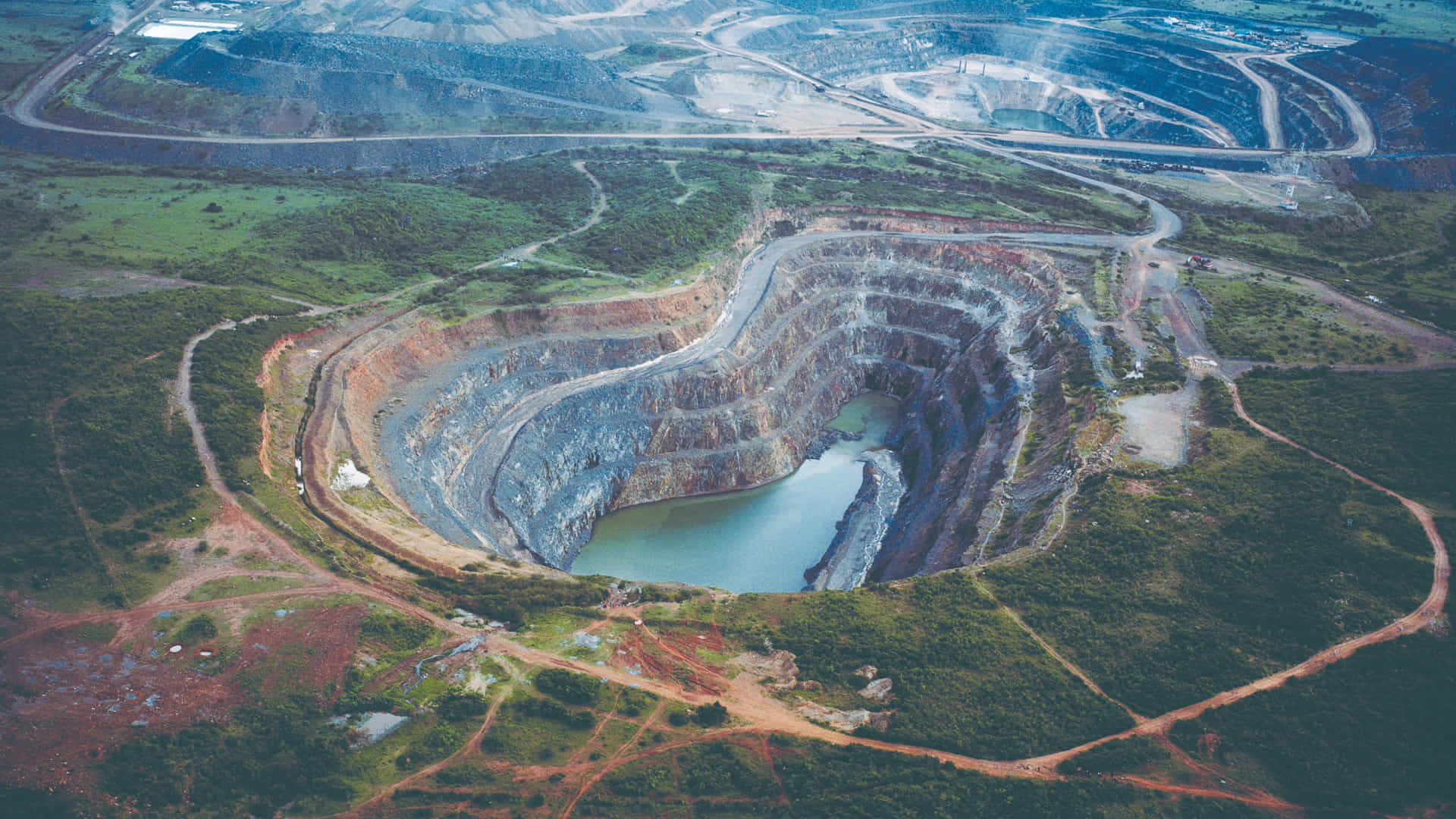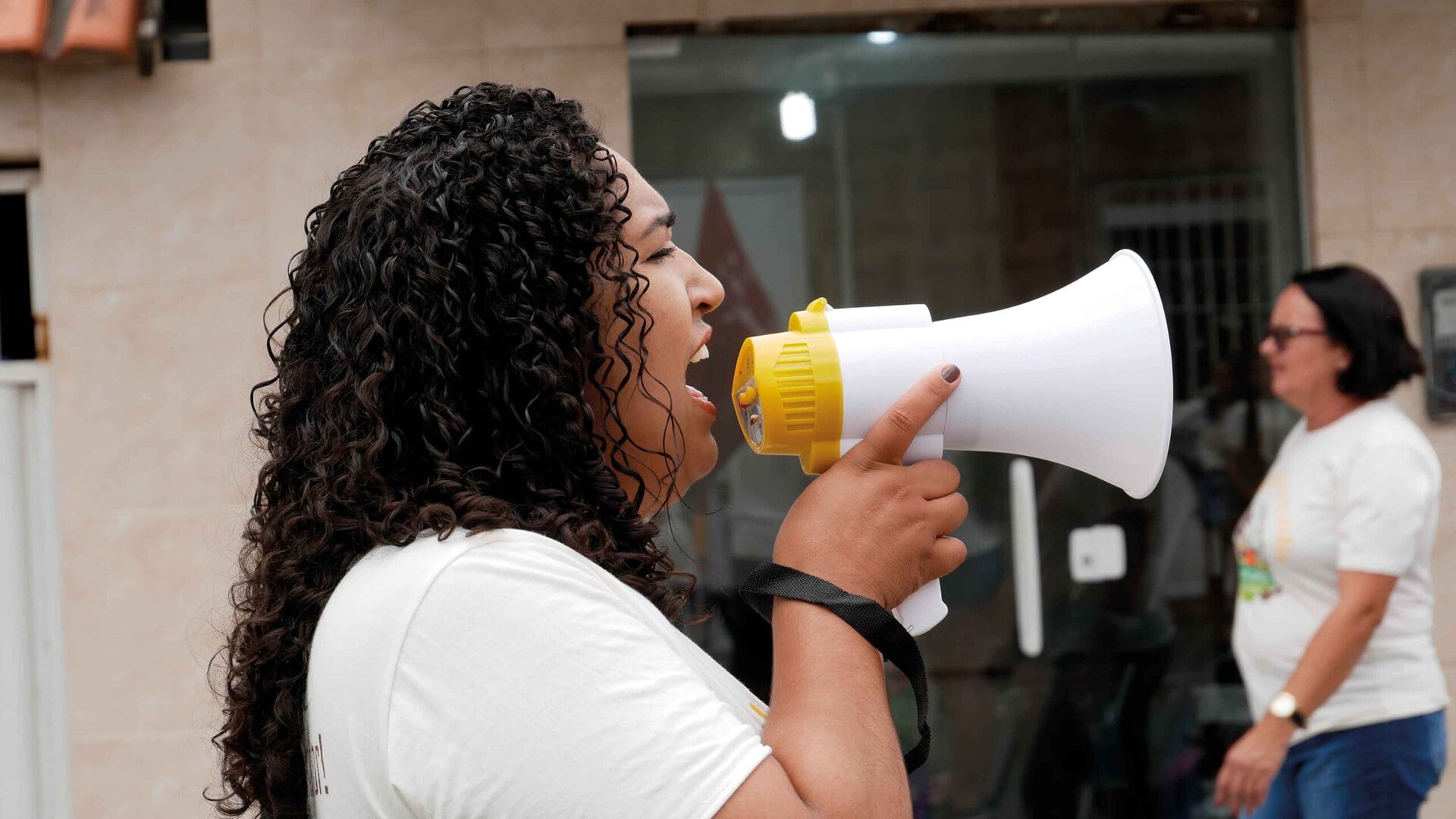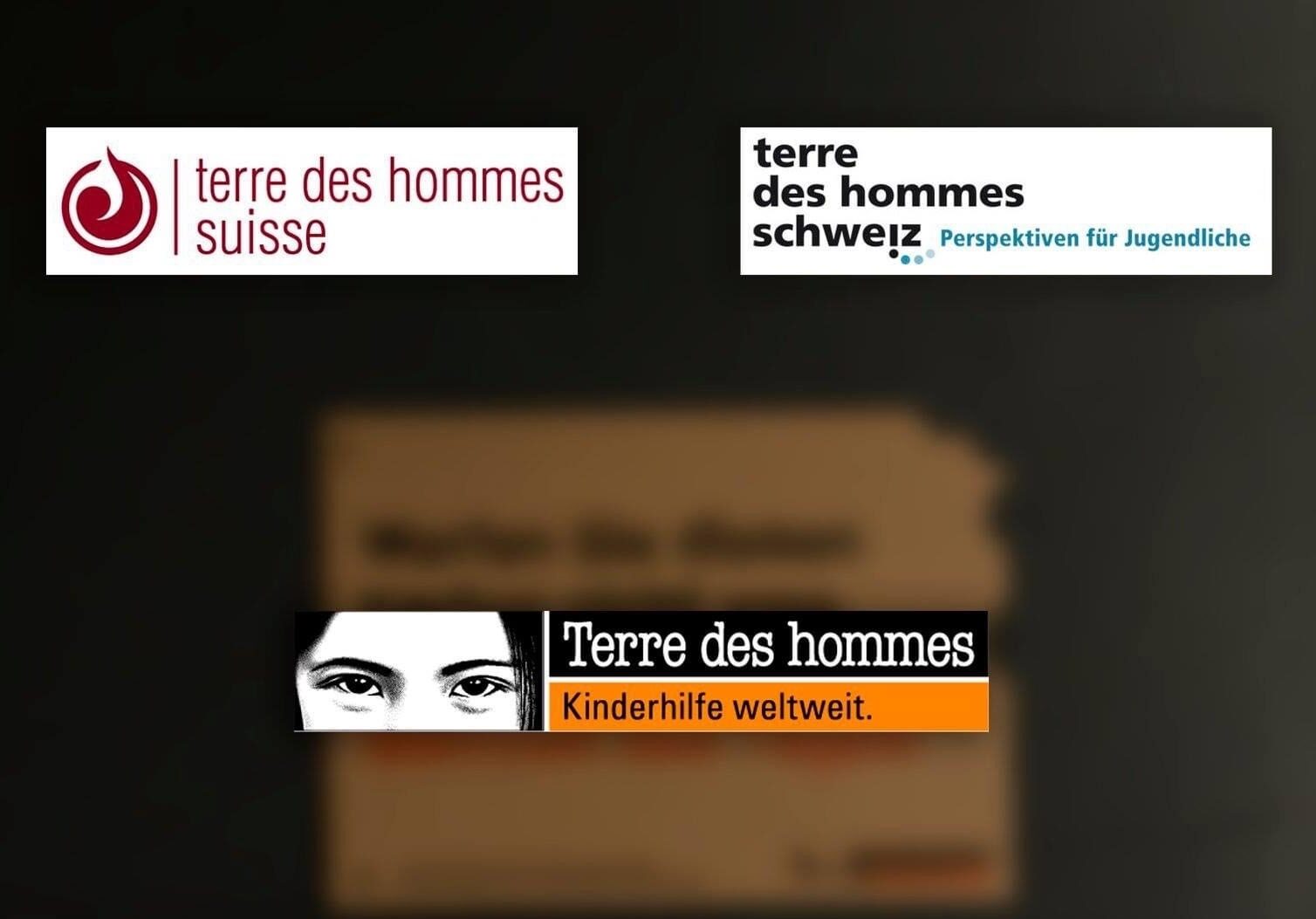The expulsion of the indigenous Kuria community is an example of how inadequate the self-regulation of Swiss corporations is when it comes to preventing human rights violations. Switzerland lacks a law on corporate responsibility. A new initiative aims to close this gap.
The Kuria live in the border region between Tanzania and Kenya. The North Mara gold mine, which is operated by the Canadian mining company Barrick Gold, is also located there in northern Tanzania. One of the main buyers of the gold is the Swiss gold refinery MKS Pamp.
The Kuria have already been experiencing displacement and violence at the hands of mining companies for two decades. From 2020, an alibi consultation process was used to persuade the affected population to leave their land voluntarily. According to the organization Mining Watch, for example, people were forced to sign documents under threat or use of force. Even if they were unable to understand their content. Some stated that they only found out about the eviction process when it was already underway.
Violence for mine expansion
The bulldozers moved in between November 2022 and September 2023. Entire villages were flattened and 5,000 people displaced for the expansion of the North Mara gold mine. Meanwhile, the Geneva-based gold refinery MKS Pamp praises itself for not finding any violations of the zero-tolerance rules on responsible trade in its supply chain, to which it has committed itself.
Group responsibility now
This is one of many examples that show that self-regulation is not sufficient for all companies based in Switzerland. In addition, Switzerland is lagging behind: many European countries have now introduced corporate responsibility legislation and the EU has also adopted uniform rules for all member states.
Collect signatures
At the beginning of January, the Coalition for Corporate Responsibility, of which terre des hommes schweiz is a member, is launching a new corporate responsibility initiative. We have set ourselves the ambitious goal of collecting the necessary 100,000 signatures in just 30 days. Can we count on your support?



